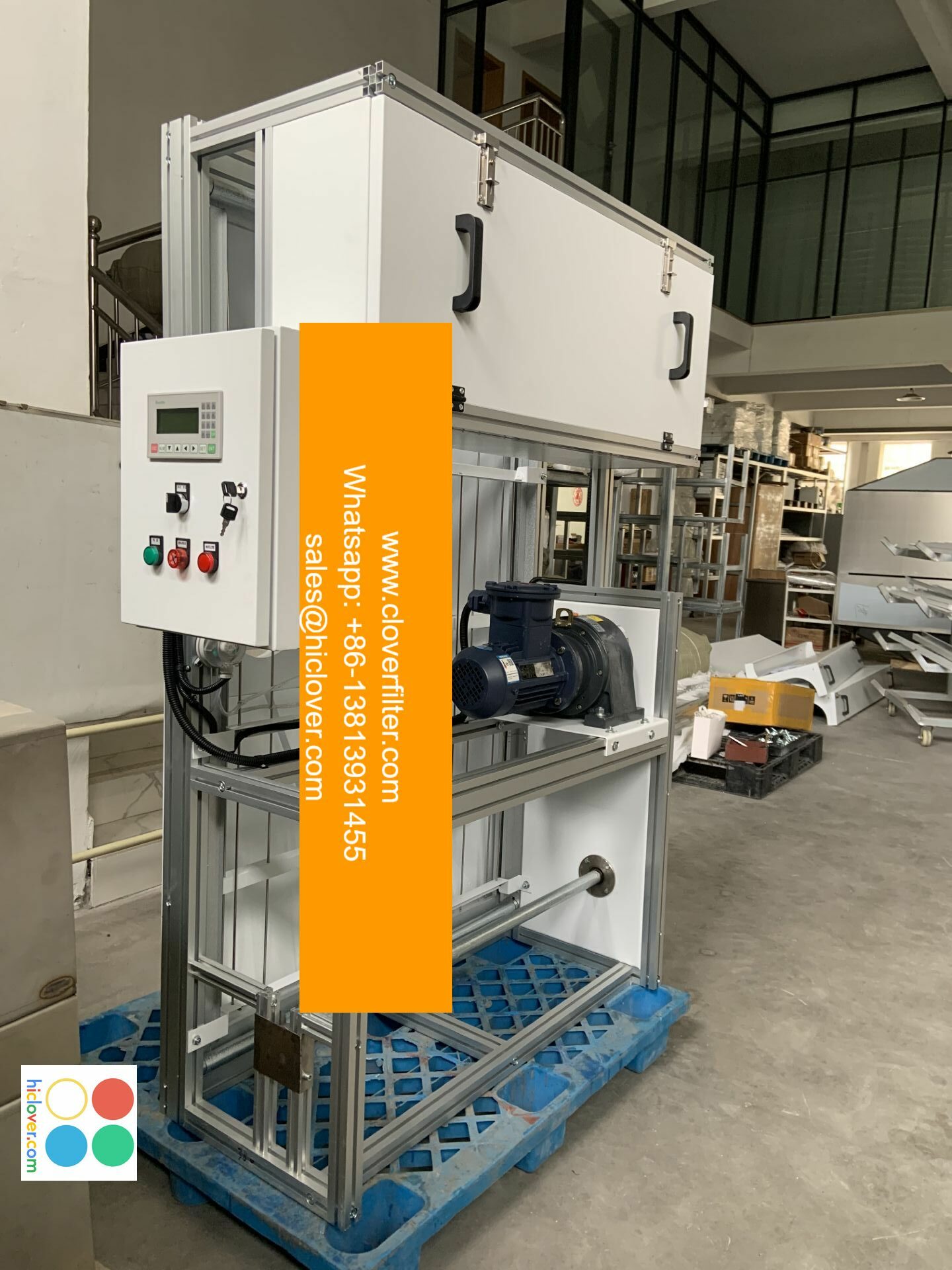The Importance of Air Filters in the Healthcare Industry

The healthcare industry is a critical sector that requires high standards of indoor air quality (IAQ) to ensure the health and well-being of patients, staff, and visitors. One crucial aspect of achieving optimal IAQ is the use of high-quality air filters that can effectively remove airborne pollutants, particulate matter (PM), and microorganisms from the air. In this article, we will discuss the importance of air filters in the healthcare industry, highlighting various application areas and key benefits.
Types of Air Filters Used in Healthcare
There are several types of air filters used in healthcare settings, including:
* HEPA (High Efficiency Particulate Air) filters: These filters are designed to capture 99.97% of particles as small as 0.3 microns, making them ideal for use in operating rooms, intensive care units (ICUs), and isolation rooms.
* Activated carbon filters: These filters are effective in removing volatile organic compounds (VOCs), odors, and gases from the air, making them suitable for use in pharmacies and laboratories.
* ULPA (Ultra Low Penetration Air) filters: These filters have an even higher efficiency than HEPA filters, capturing 99.999% of particles as small as 0.12 microns, making them ideal for use in high-risk areas such as bone marrow transplant units and stem cell laboratories.
Application Areas for Air Filters in Healthcare
Air filters have various application areas in the healthcare industry, including:
* Operating rooms: Air filters are used to maintain a sterile environment and prevent the spread of infections.
* ICUs and isolation rooms: Air filters are used to prevent the spread of airborne diseases and maintain a safe environment for patients with compromised immune systems.
* Laboratories: Air filters are used to maintain a clean environment and prevent cross-contamination of samples.
* Pharmacies: Air filters are used to maintain a clean environment and prevent the spread of infections.
Key Benefits of Air Filters in Healthcare
The use of high-quality air filters in healthcare settings has several key benefits, including:
* Improved indoor air quality: Air filters can effectively remove airborne pollutants, particulate matter, and microorganisms from the air, improving the overall IAQ.
* Reduced risk of infection: Air filters can help prevent the spread of airborne diseases, reducing the risk of infection for patients, staff, and visitors.
* Protection of sensitive equipment: Air filters can help prevent damage to sensitive equipment, such as medical devices and computer systems, by removing airborne pollutants and particulate matter.
* Compliance with regulations: The use of high-quality air filters can help healthcare facilities comply with regulations and standards for indoor air quality, such as those set by the Centers for Disease Control and Prevention (CDC) and the Occupational Safety and Health Administration (OSHA).
Conclusion
In conclusion, air filters play a critical role in maintaining high standards of indoor air quality in the healthcare industry. By using high-quality air filters, healthcare facilities can improve IAQ, reduce the risk of infection, protect sensitive equipment, and comply with regulations. It is essential for healthcare facilities to choose the right type of air filter for their specific needs and to maintain them regularly to ensure optimal performance. By doing so, healthcare facilities can provide a safe and healthy environment for patients, staff, and visitors. You haven’t asked a question or provided any context. What would you like to talk about?

